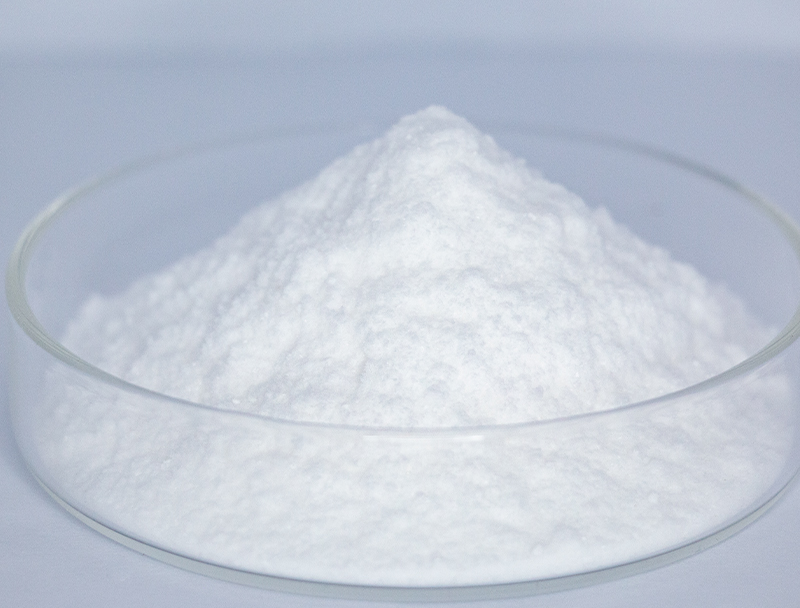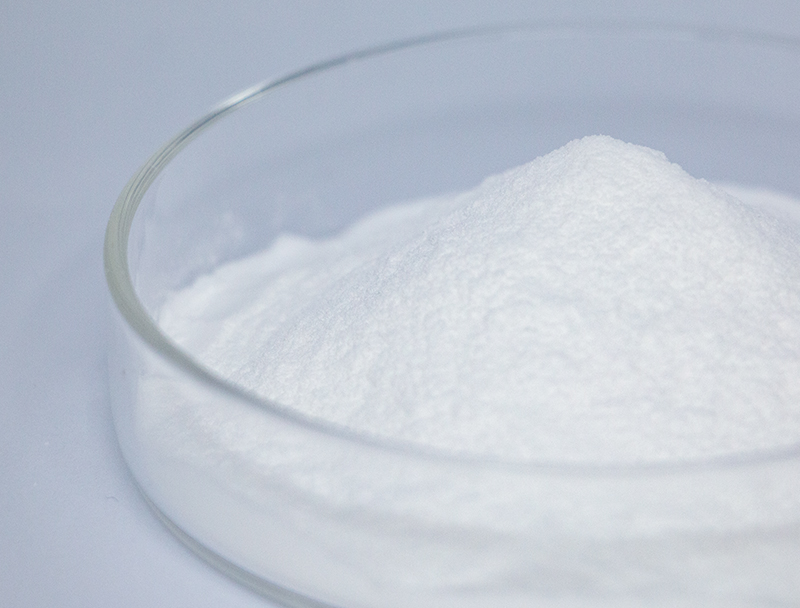
Cell-based production leans heavily upon a substantial range of substrates for developing state-of-the-art biosolutions.
Protecting sustainably sourced materials is vital for future-proofing and moral progress in biomanufacturing.
diverse obstacles inherent in legacy sourcing approaches such as ecological damage and resource depletion. Therefore, biomanufacturing companies must actively seek out alternative sourcing strategies to minimize their ecological footprint.
- Situations demonstrating ethical sourcing encompass:
- Integrating compostable agricultural waste into supply chains
- Installing reclamation workflows to diminish waste and heighten recovery
- Aligning with domestic providers that adhere to transparent sourcing
Moving toward responsible sourcing creates ecological improvements and economic resilience.
Improving Biomass Inputs to Boost Biofuel Yields
Optimizing biofuel yields depends strongly on feedstock quality and makeup. Researchers repeatedly investigate innovative methods to enhance feedstock potential, yielding greater biofuel outputs and greener energy prospects. Initiatives integrate bioengineering to scale biomass production and pretreatment workflows to free fermentable sugars.
- Concurrently, efforts examine seaweed, industrial byproducts, and crop residues to increase the variety of renewable feedstock alternatives for fuel production.
- Thanks to continuous exploration the sector is prepared to realize considerable strides toward an eco-friendlier energy mix.

Optimizing Early-Stage Biomanufacturing Processes
involves foundational activities from cultivation to biomass harvest Contemporary breakthroughs have refined protocols and elevated product throughput.
Salient improvements involve specialized expression hosts, fine-tuned media strategies, and next-gen bioreactor concepts. These advances improve throughput while lowering both operational expenses and ecological footprints.
- Moreover, continuous manufacturing adoption is enabling dynamic control and greater adaptability in upstream workflows.
- Embracing sophisticated manufacturing strategies is poised to change industry norms and shorten development cycles.

Molecular Editing Strategies to Increase Bioproduct Output
innovations in genome-editing toolsets have enhanced biopharmaceutical manufacturing. With exact genomic alterations, researchers improve host productivity for therapeutic manufacture. This route supports the creation of more affordable and productive treatments for multiple disorders.
Harnessing Microbial Biotechnology for Sustainable Bioremediation
promising microbial strategies enabling effective environmental cleanup and restoration. Certain microbes have capacities to biotransform contaminants into nonharmful forms.. Employing microbial processes facilitates remediation approaches that preserve ecosystem integrity while reducing pollution.. Analysts explore microbial consortia for targeted removal of metal toxins, pesticide residues, and petroleum contaminants.. These microorganisms can be employed in bioreactors or directly at contaminated sites, promoting the breakdown of pollutants through biodegradation processes..
Employing microbial strategies for remediation provides multiple benefits versus traditional techniques. This route is often more affordable and reduces the formation of toxic residues. Additionally, microbial tactics can target contaminants selectively while preserving surrounding ecological systems. Ongoing innovation aims to boost the throughput and efficacy of microbe-driven remediation approaches.
The Role of Bioinformatics in Drug Discovery and Development
Informatics platforms are essential to current drug discovery and development pipelines. By screening targets and refining candidate molecules, informatics drives faster, evidence-based development.
- Through evaluating comprehensive genomic, proteomic, and clinical data, teams detect novel targets and predict drug action.
- Also, in silico modeling of molecular interactions accelerates optimization toward more selective therapeutics.
- Finally, data-driven informatics is changing drug development and hastening patient access to effective therapies.
Synthetic Biology Routes for Elevated Bioproduct Synthesis
adopts varied approaches to raise biosynthetic yields of beneficial compounds. Programs use genetic redesign of metabolic networks, dynamic regulation of expression, and addition of heterologous genes to unlock new capabilities. By calibrating pathway dynamics and expression levels teams can greatly amplify bioproduct yields.
This combined approach has capacity to change industries from drug manufacture to food production and bioenergy.

Scale-Up Challenges and Prospects for Biopharmaceuticals
Large-scale manufacturing brings notable difficulties together with growth opportunities. Preserving batch-to-batch quality when scaling up is a key challenge. Solving it involves resilient control frameworks, high-resolution monitoring, and modern analytical tools.

Complexity in multi-step biomanufacturing operations presents ongoing operational challenges.. Adapting protocols for industrial scale requires considerable development work and engineering advances.. Nonetheless, the advantages can be major. Successful industrialization can broaden availability, trim costs, and raise profitability.
A series of measures are underway to confront these obstacles. Examples include novel optimization technologies, predictive analytics for real-time control, and inventive production models.
- Innovation programs are essential to expand production competencies.
- Authorities are revising processes to enable faster clearance of manufacturing innovations and encourage progress.
Aligning Biomanufacturing with Regulatory Standards for Patient Safety
Advancing biopharmaceuticals involves heavy regulatory scrutiny to secure product safety and proven efficacy. Products of biological origin introduce specific challenges that differ from standard drug development.
Authorities including the FDA and EMA implement guidelines and thresholds to assess and approve novel biologic products.
Meticulous validation protocols are enforced from preclinical validation to long-term post-market evaluation.. The protocols serve to uncover safety concerns and certify that products fulfill rigorous protection standards..
Moreover, oversight agencies continually refine approaches to 5-Aminolevulinic acid align with accelerating scientific progress in therapeutics.. Measures involve adopting innovative technologies and enabling development acceleration without compromising patient welfare.

Exploring the Potential of Plant-Based Biomass Feedstocks in Bioplastics
A stronger push for environmentally responsible materials is driving research into renewable options. Bioplastics derived from plant biomass provide a viable route to more sustainable plastic alternatives. Feedstocks including cornstarch, plant cellulose, and sugarcane derivatives yield biodegradable plastics which break down and mitigate plastic pollution.
Concurrently, several bioplastic formulations approximate conventional plastic traits and serve wide-ranging applications. Ongoing studies and technology development are vital to exploit plant feedstocks for bioplastics and foster a circular economy.
Biotech Innovations Addressing Health and Food Challenges
Biotech provides transformative capabilities that can change healthcare outcomes and strengthen food systems. With genetic tools, engineered biological systems, and regenerative cell approaches, experts craft interventions to manage diseases, enhance agriculture, and fortify nutrition.. For example, engineered crops with pest resistance and stress tolerance can increase yields while lowering pesticide use.. Likewise, biotechnology enables new vaccines, novel therapeutics, and improved diagnostics essential to global disease mitigation and better health.. Going forward, advancements in biotechnology are likely to yield interventions that improve health and advance sustainable food systems globally.
